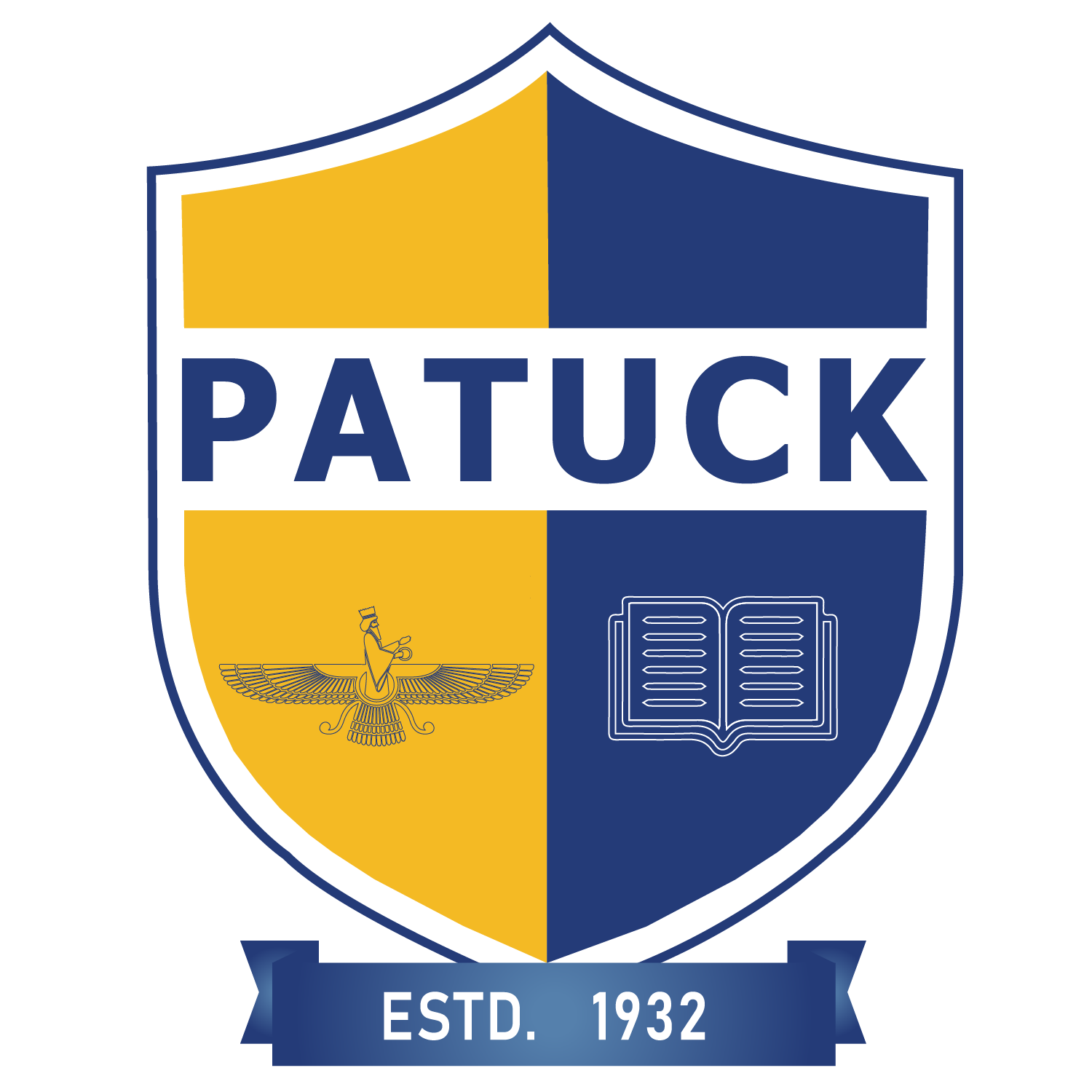The Power of Internships: Unlocking Career Opportunities While in College
January 8, 2025

Internships are vital for college students, bridging academic knowledge with real-world experience. They strengthen resumes, offer insights into industries, and workplace dynamics, and help shape career aspirations. By combining internships with proactive skill-building, networking, and extracurricular involvement, students can craft impressive resumes that stand out in the competitive job market.
Here’s Why Internships Are Key to Building a Strong Career Foundation
1. Real-world experience Beyond the Classroom
While classroom education lays the theoretical foundation, internships offer hands-on experience that textbooks can’t replicate. From understanding day-to-day operations to participating in high-impact projects, interns gain a practical perspective that complements their academic learning. This exposure allows students to apply concepts they have learned in lectures, fostering a deeper understanding of their subject matter.
For instance, an engineering student might design prototypes in a lab setting during an internship, while a marketing student could analyze consumer behavior trends to create compelling campaigns. Such experiences provide a sense of accomplishment and readiness for the challenges of full-time employment.
2. Building a Professional Network
Internships are a gateway to networking a crucial aspect of career growth. Working alongside professionals in the field enables interns to establish relationships that may lead to mentorship opportunities, job referrals, or industry insights. A robust network can open doors to future opportunities that might not be advertised publicly.
Engaging actively with colleagues, participating in team activities, and showcasing initiative can leave a lasting impression, ensuring that interns are remembered when job openings arise. Moreover, staying connected on platforms like LinkedIn can help maintain these professional ties.
3. Gaining Industry Insights
The corporate world is vast, and each industry operates differently. Internships allow students to learn firsthand about workplace dynamics, industry trends, and organizational structures. This exposure helps them identify the right career path and align their strengths with professional opportunities.
For example, a student interning at a startup may appreciate the dynamic and fast-paced environment, while another working in a multinational corporation might value its structured processes and global reach. Such insights are instrumental in making informed career choices.
4. Enhancing Employability Skills
Employers often prioritize candidates with relevant experience, and internships provide exactly that. Beyond technical skills, internships foster soft skills like communication, teamwork, time management, and problem-solving essential qualities in any professional setting.
Furthermore, the ability to navigate challenges during internships, such as meeting deadlines or adapting to new technologies, demonstrates resilience and adaptability. These experiences make students more confident and better prepared for job interviews and future roles.
5. A Testing Ground for Career Aspirations
Not every internship will align perfectly with a student’s expectations, and that’s okay. Internships serve as a testing ground, allowing students to explore various roles and industries. This experimentation is crucial for identifying what truly excites and motivates them.
For instance, a student might discover during an internship that they prefer data analytics over front-end development, or that a career in public relations excites them more than advertising. Such realizations prevent future career mismatches and set the stage for a fulfilling professional journey.
6. Strengthening Academic Performance
Internships often reinforce academic learning. Understanding the practical application of theoretical concepts can inspire students to approach their studies with renewed enthusiasm. Seeing the relevance of coursework in real-world scenarios motivates students to delve deeper into their subjects and strive for academic excellence.
7. Increasing Job Opportunities Post-Graduation
One of the most significant benefits of internships is the potential for securing a job offer post-graduation. Many organizations use internships as a talent pipeline, hiring interns who have demonstrated competence and cultural fit during their tenure. Even if an internship doesn’t lead directly to a job, the experience significantly enhances a candidate’s marketability.
Shaping Bright Futures Through Experience
Internships at Patuck-Gala Degree College are more than just a requirement they are essential experiences that shape career paths. By offering practical exposure, building professional networks, and refining crucial skills, internships help students confidently move into their careers. For Patuck students aiming to realize their full potential, pursuing internship opportunities is a key investment in their future success, especially as employers in 2025 will be looking for specific skills from college graduates.
You May Also Like…
Why Start Building Your Personal Brand as a Student in April?
Personal branding is really just about figuring out what makes you —and learning how to share that with the world in a way that feels true to who you are. People have always cared about how others see them, but now, with social media and the internet, your voice can reach a lot more people.
Digital Detox or Skill Upgrade? Finding the Right Balance During Summer Break
Tired of scrolling endlessly, only to realize half your vacation’s already gone? Or feeling that FOMO because everyone’s “learning something new” this summer?
Not Just a Degree: Why the Right College Culture Matters Too
When students choose a college, they often focus on academic rankings, faculty credentials, and placement records. While these are important, another factor that plays a crucial role in shaping a student’s future: is college culture.



